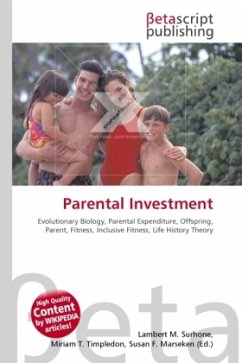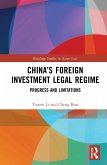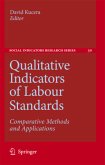High Quality Content by WIKIPEDIA articles! In evolutionary biology, parental investment (PI) is any parental expenditure that benefits one offspring at a cost to parents' ability to invest in other components of fitness. Components of fitness (Beatty 1992) include the wellbeing of existing offspring, parents' future reproduction, and inclusive fitness through aid to kin. Parental investment is sometimes incorrectly equated with parental care or parental effort.Parental investment theory is a branch of life history theory. The earliest consideration of parental investment is given by Fisher (1930), Fisher's principle, he argued parental expenditure on both sexes should be equal. Clutton-Brock (1991: 9) expanded the concept of PI to include costs to any other component of parental fitness.Robert Trivers' theory of parental investment predicts that the sex making the largest investment in lactation, nurturing and protecting offspring will be more discriminating in mating and that the sex that invests less in offspring will compete for access to the higher investing sex. Sex differences in parental effort are important in determining the strength of sexual selection.
Bitte wählen Sie Ihr Anliegen aus.
Rechnungen
Retourenschein anfordern
Bestellstatus
Storno








